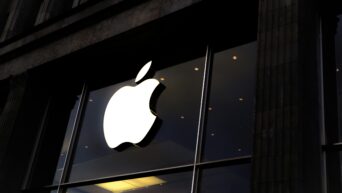Apple’s house has some unhappy tenants.
Apple’s reigning dominance over the iOS app store is coming to an end soon, thanks to a court order from the Supreme Court of the United States allowing the antitrust case against Apple to finally proceed.
The Apple Inc v. Pepper case deals with the 30% increased price charged towards third-party developers who put up their apps on Apple’s app store. According to Apple, the company has nothing to do with purchases made regarding third-party apps, as those transactions are purely between the third party and the customer. This means that Apple cannot be charged with damages since they don’t control the apps.
Unfortunately for Apple, the court decided to vote 5-4 against the tech giant and allow the case to proceed, despite the latter’s objections.
According to the court decision written by Justice Brett Kavanaugh, “The sole question presented at this early stage of the case is whether these consumers are proper plaintiffs for this kind of antitrust suit—in particular, our precedents ask whether the consumers were ‘direct purchasers’ from Apple. It is undisputed that the iPhone owners bought the apps directly from Apple.”
Numerous consumer advocates celebrated the news. Avery Gardiner from the Center for Democracy & Technology says, “Today, more and more of consumers’ purchases go through platforms, where sellers and buyers meet virtually via technology, instead of in brick-and-mortar stores. These technologies are evolving fast, and today’s decision shows that antitrust law is—as it should be—flexible enough to address allegations that companies may misuse their market strength in novel ways.”
The court decision wouldn’t just affect Apple, but also dozens of other online marketplaces that supposedly tout themselves as “neutral” parties even though they are, in fact, technically direct sellers.
































